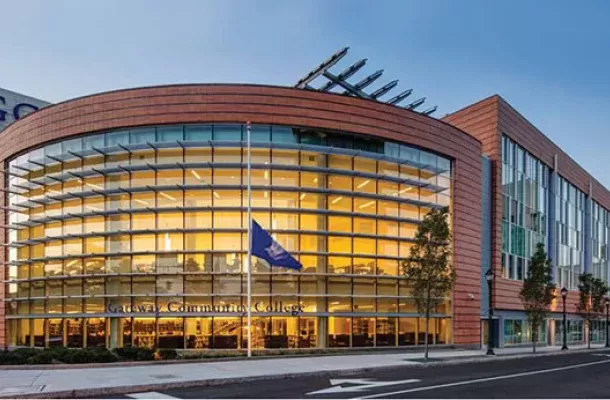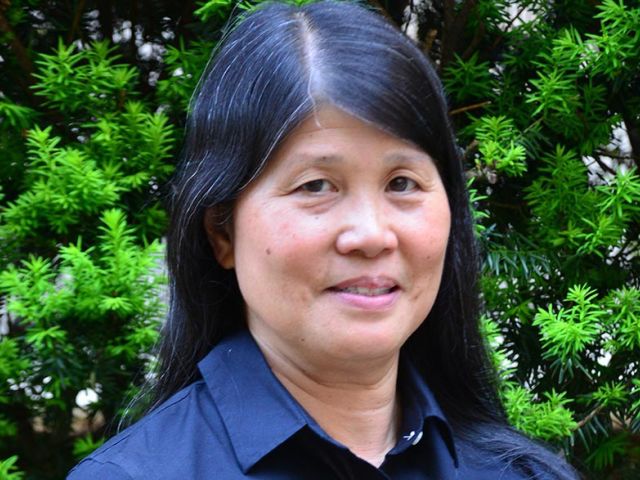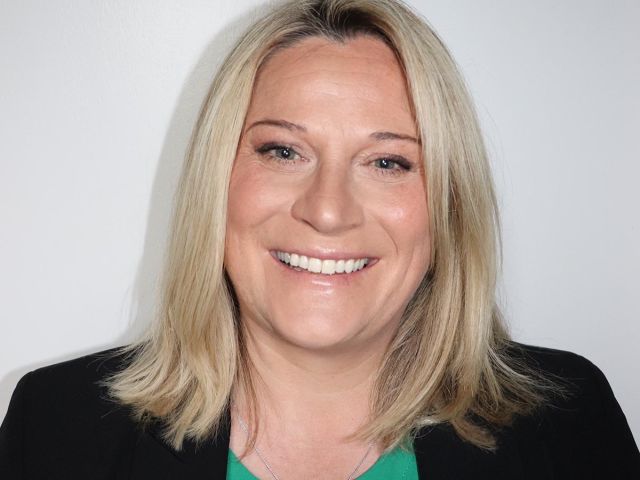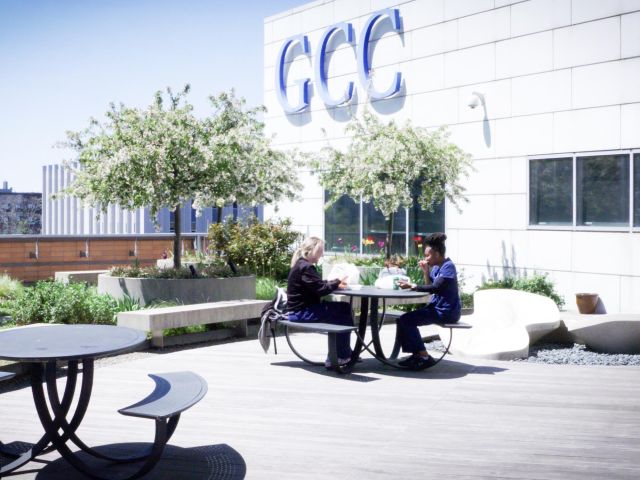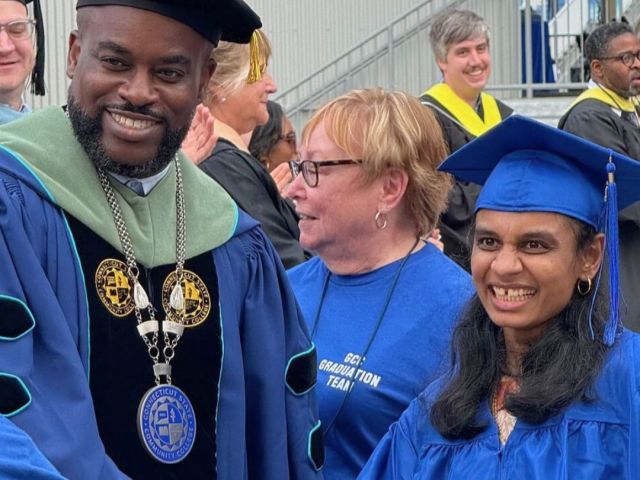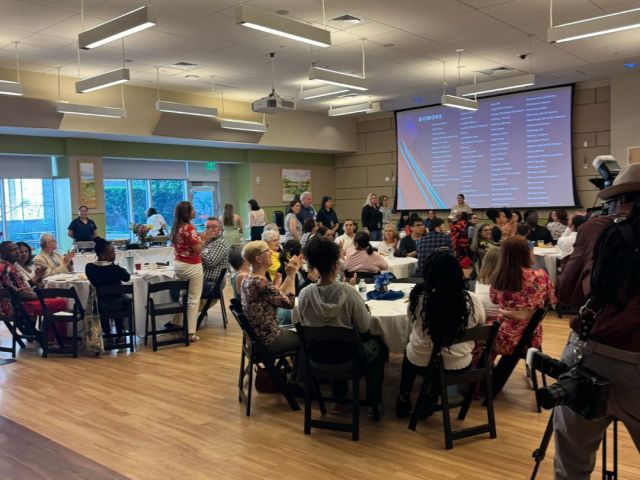News Center
Bringing you the latest news and events from Gateway Community College.
Dr. Henry C. Lee: Guns and Young People Don’t Mix
Share
As one the world’s most famous forensic scientists, Dr. Henry C. Lee sees daily the tragic fallout from guns getting into young people’s hands and how so many people’s lives are cut short due to gun violence. In a forum at Gateway Community College (GCC) December 11, Dr. Lee spoke on the important topic of gun violence and youth. He shared sobering statistics: the U.S. has more guns per capita than any nation in the world, more than 32,000 people die annually from gun violence and 59 percent of the people murdered in the U.S. were killed by firearms.
“Without guns these lives would be saved,” Dr. Lee said. “Teenagers and guns don’t mix. Alcohol and drugs don’t mix either.”
Dr. Lee’s talk was particularly timely as U.S. Attorney General Eric Holder, Governor Dannel P. Malloy and Federal Prosecutor David Fein were in New Haven November 28 to announce the state’s participation in Project Longevity, a program aimed at finding ways to reduce gun violence in Connecticut’s cities.
The forum was sponsored by the Gateway Gazette. “The Gazette is most interested in the community around our college and handgun violence, unfortunately, remains a problem for New Haven,” said Tom O’Neil, a GCC faculty member and the Gazette advisor.
“We want to hold forums that prompt deep thought and discussion and Dr. Lee’s talk was everything we could have hoped for.”
Added Editor-in-Chief Bonnie Fahy, “He was fantastic. He is such a positive person, considering all that he sees. He gave us so much to think about.”
Dr. Lee is Chief Emeritus of the Connecticut State Police and professor and founder of the Forensic Science Institute at the University of New Haven, which is home to the Henry C. Lee College of Criminal Justice and Forensic Sciences. He is the author/co-author of more than 40 books and some of the cases he has been involved with have riveted the nation. Dr. Lee worked on the O.J. Simpson and JonBenet Ramsey murder cases and was involved in the forensic investigation following 9/11.
In his talk at GCC, he shared graphic slides that showed the kind of damage that guns inflict and he discussed how he and his team help to solve crimes with painstakingly detailed, high-tech forensic science.
“We have to know why a little bullet can kill someone. It’s not the bullet; it’s the energy,” he said. “There is a tremendous energy transfer.”
Dr. Lee said he often has to come upon a crime scene, determine the trajectory of the bullet and try to see what others may not have noticed. He said students who enter the forensic science field now start at an extraordinarily exciting time because of all of the technological advances including 3D analysis of ballistics evidence.
Dr. Lee, who was awarded an honorary degree from Gateway, had high praise for GCC and for community colleges, as he attended CUNY and then went on to John Jay College and New York University for his doctorate.
“A community college is a good place,” he said. “You can work and you can study and this gives us a chance.” He said he can relate to students who are working two jobs and attending school, who are doing all they can to move ahead and pursue a dream. He encouraged students to find a career they can feel passionate about.
Dr. Lee chose law enforcement and his career has spanned 56 years. One student asked him how he stays so positive in the face of such grim evidence. Dr. Lee said he relies heavily on the team he works with. “There is no single hero,” he said, adding that it is always about the team.
Dr. Lee said many people mistakenly think he hoped to be forensic scientist even as a young boy but his first dream was to be a basketball player. “My coach said when you grow two feet come back,” he said. So he went home and tried every kind of stretching exercise, to no avail.
“Each of us has limitations. So you have to be truthful with yourself. You have to ask yourself what are my interests? What are my possibilities?” He urged all young people to steer clear of guns and alcohol and drugs, to move instead toward green tea and hope and education.
